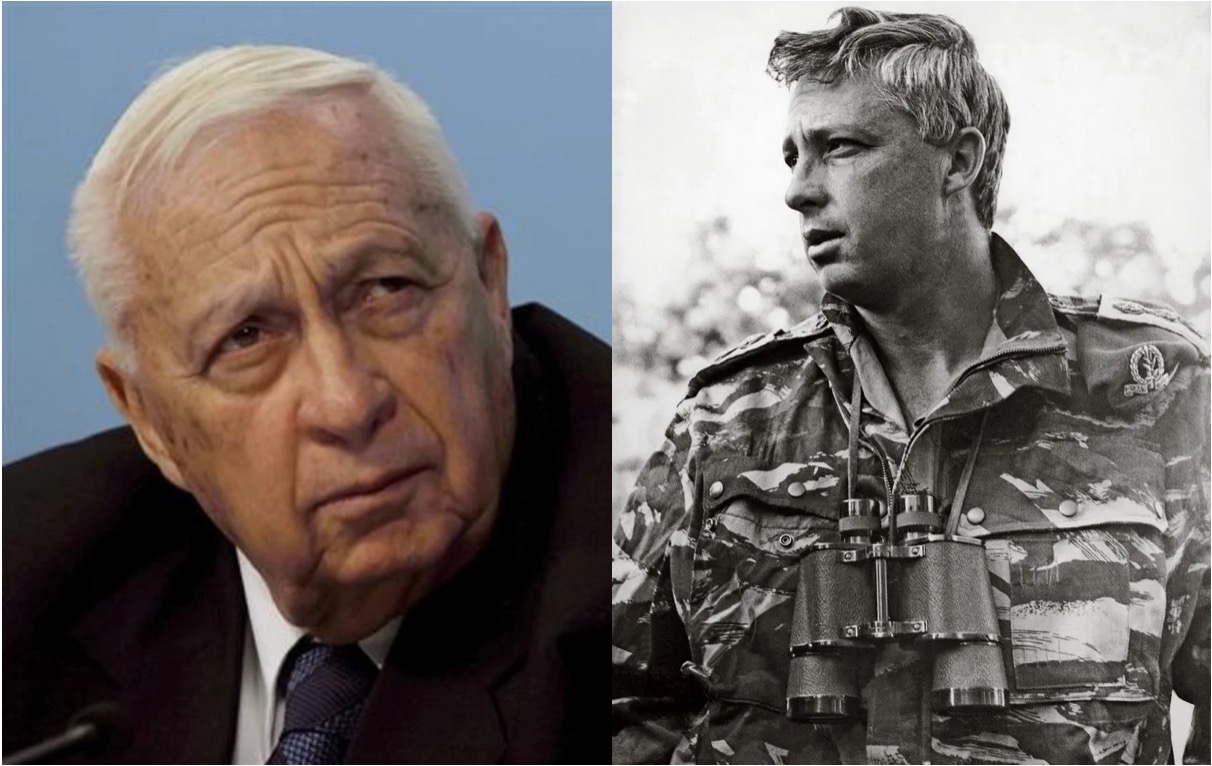Comments
A POV - Israelis have rightly decried the savage killing of innocent civilians by Hamas forces on October 7. Yet Israelis seem to have forgotten Israel’s commission of a strikingly similar terrorist attack that, by some estimates, killed more than twice the number of innocents as were killed on October 7. The massacre in Sabra and Shatila during the 1982 Israel invasion of Lebanon bears a chilling resemblance to horrors committed on October 7.
The Sabra and Shatila refugee camps lie in proximity to Beirut. These camps have a long history. In 1948 many Christian and Muslim Palestinians fled Israeli violence by seeking refuge in Lebanon. Lebanon had a fragile democracy that gave political rights to select confessional groups. The introduction into Lebanon of a significant Palestinian community would have undoubtedly disrupted this fragile political balance. Thus, Lebanon provided refugees with housing in refugee camps, but never allowed citizenship or rights associated with citizenship.
After the newly founded State of Israel made clear that it would violate international law and prohibit Christian and Muslim refugees return to their land, these refugees became locked in an untenable position of being permanent refugees. Inevitably, these refugees became discontent, and thus easy fodder for recruitment by the PLO.
By 1982, the PLO had transplanted its base of operations from Jordan to Southern Lebanon. Jordan had expelled the PLO after the PLO launched two failed assassination attempts on the King Hussein’s life. The PLO began using Southern Lebanon as a launchpad for attacks on Israel. These attacks provided Ariel Sharon with the political opening he needed to launch his effort to reshape the Middle East’s political landscape.
Ariel Sharon had led a life of unremitting violence. As early as 1953 Sharon worked in Unit 101 of the IDF, a special Israeli killing force that committed extreme acts of violence against indigenous people as retribution for their attacks on Israelis. On October 14, 1953, Sharon participated personally in the Qibya massacre of dozens of civilian men, women, and children. The barbarous nature of these Israeli attacks led to a UN Security Council Resolution condemning the actions. This Israeli killing squad provided Sharon instrumental training for what would be his greatest massacre at Sabra and Shatila.

In 1982 Sharon saw an attack on the PLO in Lebanon as a chance to create a Christian-led client state in Lebanon. With governance in the hands of the Christian Lebanese, the influence of Syria would decline, and the PLO state-in-a-state within Lebanon could be eliminated. However, Sharon gauged that the Israeli appetite for an extended war was low. Sharon used the PLO attacks within Israel to garner support for what Sharon sold as a limited invasion of Lebanon. Sharon formed an alliance with the Lebanese Christian Phalangist party to attack the Palestinians in Lebanon.
Israel and the Christian Phalangists attacked the Sabra and Shatila refugee camps as part of the overall attack on Palestinians in Lebanon. From September 16 through 18, 1982, Sharon’s troops and Christian Phalangist surrounded the two refugee camps. Israeli troops held the perimeter of the camps to prevent escape from or aid to the civilians trapped within the camps. Israel maintained a clear view of the actions from a high rise building nearby. Christian Phalangists troops entered the camps and began the wholesale slaughter of men, women, and children. Israeli troops assisted in the slaughter by heavily shelling civilian areas and illuminating the night sky with flares. While precise counts of the dead do not exist, historians have estimated that Israel and the Christian Phalangists killed between 700 and 3,000 innocent civilians in the brutal massacre.
The world responded to this heinous attack much as it did to the 10/7 attack. The Christian Phalangists ignored international pressure and simply pushed forward with fighting in the Lebanese Civil War. Israel received harsh international attention as well. In an effort to quell the international outrage, Israel created the Kahane Commission to investigate. The Kahane Commission downplayed the role of Sharon and Israel, but nevertheless, determined that Sharon had personal culpability for this crime. Israel never allowed Sharon to be extradited for war crimes. Rather, Israel simply removed Sharon as Minister of Defense. In time, Sharon underwent political rehabilitation, and was ultimately rewarded by being selected as Prime Minister.
When calling Palestinians “animals” for allowing the commission of the 10/7 attacks, Israel seems to have forgotten that it has perpetrated a terrorist attack of similar magnitude and ferocity. The Palestinian refugees lack the military capacity to deliver the response Israel has launched for the 10/7 attack. However, no doubt Israel would fiercely deny the Palestinian right to kill tens of thousands of Israeli citizens in response to the Sabra and Shatila massacre. Israel would be equally unlikely to allow Ismail Haniya, the leader of Hamas, to move into high positions of governmental control, as Ariel Sharon did.
In reality, factions on both sides have demonstrated a callous disregard for civilian life. Both have proven their capacity for immense human cruelty. Both are wrong. Yet, the response Israel has provided to Gaza constitutes a far more extreme punishment than the meek rebuke Israel received after Sabra and Shatila.
While Israel often complains that the World expects more of it than of the Palestinians, the facts tell a different story. The juxtaposition of these reactions leads to one inevitable conclusion: Israel is held to a far lower standard for its misconduct than the Palestinians.
(J. George Mansour was born and raised in Missouri and has long been a student of political science and international relations. Mr. Mansour is now based in Austin Texas, where he remains an active investor in a variety of businesses.)






